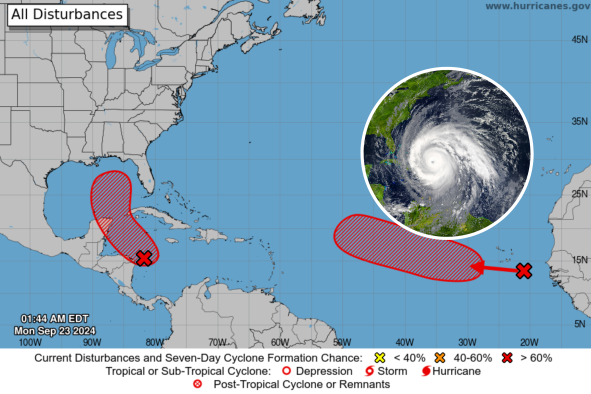Proteins in certain foods could suppress tumors in the small intestine, according to a Japanese study published last week.
Foods including milk, meat, peanuts, shellfish, bread and eggs seemed to reduce the growth of tumors in the small intestines of mice, when scientists at the RIKEN Center for Integrative Medical Sciences (IMS) tested three diets.
These foods all contain antigens: proteins which prompt a response from the immune system in the gut when eaten, and may cause allergic reactions in some people.
It's this immune response, the scientists proposed, that could prevent the formation of new tumors in the small intestine.
"Small intestinal tumors are much rarer than those in the colon, but the risk is higher in cases of familial adenomatous polyposis," said lead researcher Hiroshi Ohno, from RIKEN IMS, in a statement.
Familial adenomatous polyposis (FAP) is a rare condition, sometimes referred to as Gardner syndrome in the past, that can run in families, leading to many small growths in the intestines, that can become cancerous if not treated.
RIKEN IMS tested different diets on mice that had been genetically modified so tumors grew throughout their small and large intestines.
They compared a 'normal' diet with an antigen-free diet—where antigen-containing foods such as milk were removed—and found that the normal-diet mice had fewer tumors in their small intestines than the antigen-free mice.
However, the same amount of tumors survived in the large intestines of both groups of mice.
Then, the RIKEN scientists added meat—which contained an antigen called albumin—into the diets of the mice who had been on the antigen-free diet, to test whether it was the antigens that were having this anti-tumor effect.
On this diet, the small intestinal tumors in the previously antigen-free mice were suppressed, similar to those on the normal diet.
The scientists concluded that it was the antigens in these foods that seemed to be suppressing the tumors in the small intestines of the mice.
But that's not all. The three diets also had an effect on immune cells in the gut, called T cells: an important type of white blood cell that help the immune system fight germs and disease.
Mice that ate totally antigen-free diets were found to have significantly fewer T cells than those which ate the normal or albumin-containing diets, suggesting that these foods may activate responses from the immune system.
However, the scientists said that further research was needed to work out exactly what was going on here.
Ohno said that his research could impact the diets that people go on to treat gut symptoms.
For people with severe forms of conditions such as irritable bowel syndrome (IBS) or disease (IBD), diets might be suggested to help control their symptoms, including those which reduce the presence of antigen-rich foods, as these might cause allergic or inflammatory responses in some people.
But Ohno said the use of such diets "should be considered very carefully" in case patients might benefit from antigens.
That said, it seems that those people would be a small proportion of the general population.
That's because the vast majority of intestinal tumors form in the large intestine—unaffected by antigens, according to this research—and the main group identified as benefiting from an antigen-rich diet are those effected by FAP, a rare disease.
This study was published on September 18, in scientific journal Frontiers in Immunology.
Do you have a tip on a food story that Newsweek should be covering? Is there a nutrition concern that's worrying you? Let us know via science@newsweek.com. We can ask experts for advice, and your story could be featured in Newsweek.
Reference
Saski, T., Ota, Y., Takikawa, Y., Terrooatea, T., Kanaya, T., Takahashi, M., Taguchi-Atarashi, N., Tachibana, N., Yabukami, H., Surh, C. D., Minoda, A., Soon Kim, K., Ohno, H. (2024). Food antigens suppress small intestinal tumorigenesis, Frontiers of Immunology 15. https://doi.org/10.3389/fimmu.2024.1373766
Disclaimer: The copyright of this article belongs to the original author. Reposting this article is solely for the purpose of information dissemination and does not constitute any investment advice. If there is any infringement, please contact us immediately. We will make corrections or deletions as necessary. Thank you.



